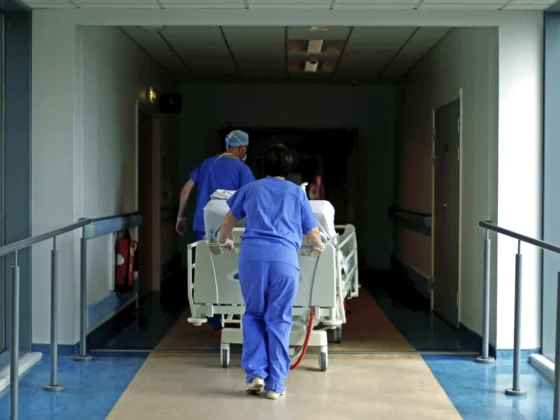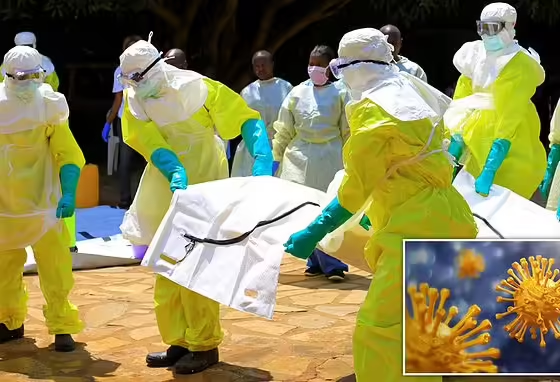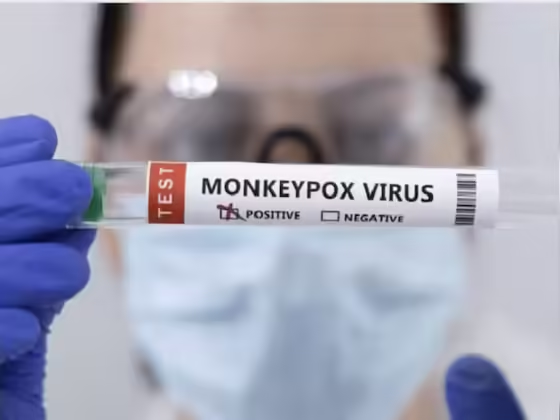From January to May this year, Maharashtra has seen a sharp rise in dengue cases, with 1,755 reported compared to 1,237 during the same period in 2023. The state’s health department has increased its efforts to track and control the disease, especially with the monsoon season around the corner.
Dr. Radhakrishna Pawar, Deputy Director of the Pune circle, said “This is mainly because health authorities have stepped up surveillance activities”. This year, over 1.27 lakh suspected dengue cases were reported, and around 18,834 blood samples were tested, confirming 1,755 cases in Maharashtra. In comparison, back in 2023 Maharashtra saw 81,731 suspected cases and 15,312 tests, confirming 1,237 cases. Maharashtra reported a total of 19,029 dengue cases and 55 deaths in 2023.
Mumbai, Nashik, Kolhapur, Sangli, and Panvel together reported 488 cases this year, while rural areas like Palghar, Kolhapur, Akola, Nanded, and Solapur reported 471 cases. Pune city confirmed 10 cases out of 336 suspected.
Dengue spreads through the bite of infected mosquitoes. Most cases are mild, but severe cases can cause shock, severe bleeding, or organ failure. Dr. Suryakant Deokar from the health department has issued guidelines to reduce mosquito breeding.
“Notices have been issued to 370 societies, commercial buildings and others who have not taken action to destroy mosquito breeding sites. An administrative fee of Rs 73,600 has been collected so far,” he said.
To improve understanding and treatment of dengue, three new projects funded by LifeArc have been launched. The Indian Institute of Technology (IIT) Roorkee received over £170,000 to find new treatment methods. Bangalore-based Tranalab Pvt Ltd received funding to develop targeted drug delivery technology for dengue. In Australia, Monash Biomedicine Discovery Institute got over £164,000 to identify biomarkers predicting disease severity.
The World Health Organization aims to eliminate all dengue deaths by 2030 and has warned of increasing cases if urgent action isn’t taken.











